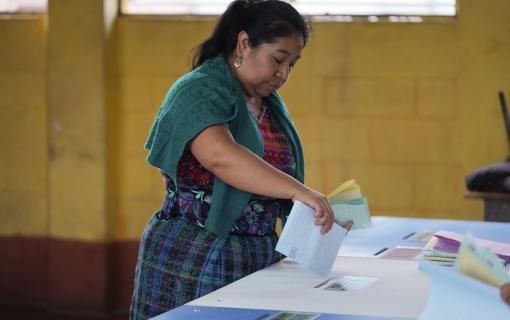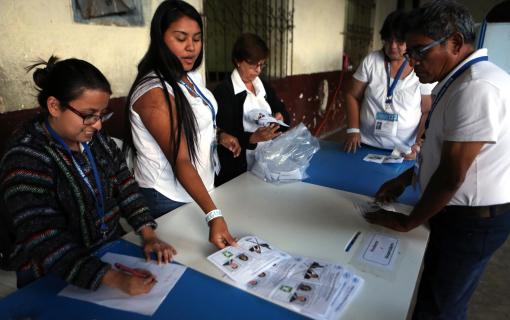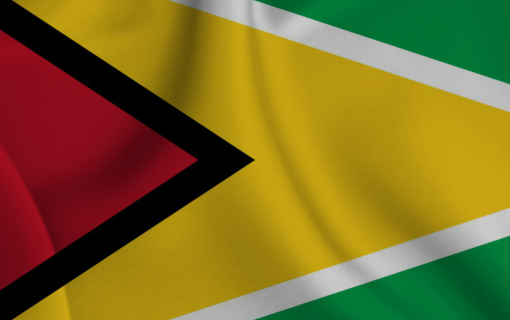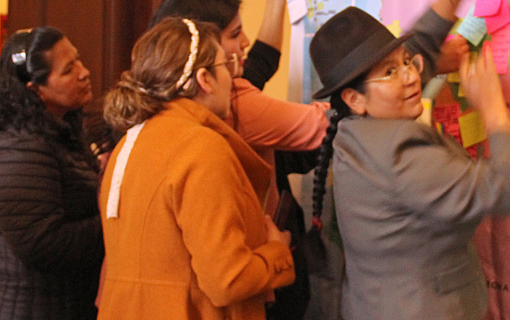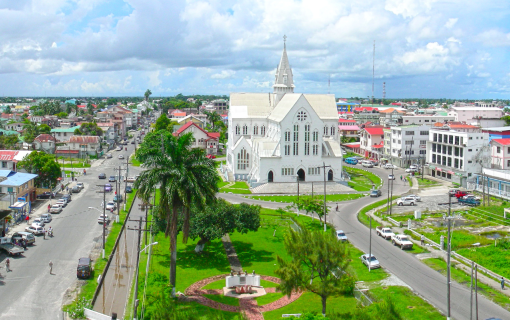Venezuela Election Technical Assessment Report,1993
Introduction - the political situation in Venezuela:
Venezuela does not usually stand out as a likely aid recipient in the area of democratic reforms. In fact, for the past thirty years, Venezuela has been considered one of the strongholds of democracy in Latin America. It is not longer. Today, Venezuela faces many problems of electoral credibility and disenchantment that was generally attributed to other Latin American countries. In the following pages, we will present a brief overview of the political situation in the country in order to explain IFES' involvement in its democratic process. The objective of the Venezuela Project was to assess and evaluate the current conditions in order to identify any areas where external assistance may strengthen the credibility of the democratic process.
By most accounts, Venezuela is experiencing a highly transitional situation. However, it is not undergoing the classic conversion process in which a country first dismounts an authoritarian political structure in order to build a new democratic system. In an interview published in "EL Universal," IFES described Venezuela's challenge as consisting of developing the democratic institutional framework into a new type of pluralism, i.e. permitting access to emerging political actors to positions of power without disrupting the constitutional process.
Emerging political actors are represented by a wide range of organizations. The self described "political movement" La Causa R, independent movements like Girasol and Sentido Comiin, and the coalition of parties and organizations called Convergencia Democnitica (which rallied behind the presidential candidacy of the victorious Rafael Caldera), all exemplify the wide range of such actors. Each one of these movements competed with the two traditional political parties, Accion Democnitica and COPEI.
The changing political spectrum with new actors was one of the salient features of the Venezuelan political process which contributed to motivate people's interest in national events. However, the new pluralism was not the only prominent characteristic of the current transition. Another one may a attributed to the so-called "credibility crisis" affecting the two traditional political parties, AD and COPEI. Venezuelan public opinion has traditionally lacked confidence in the established political elite. It has never believed that such elite could provide solutions to the main social and economic problems, especially in an honest and transparent fashion. Venezuela experienced a strong yearning for a political "changing of the guard."
The need for change failed to emerge by spontaneous generation. The acute crisis within the Venezuelan state was mainly due to decades of over-dependence on the oil-export income. For years, oil prices showed a declining trend world-wide. This caused a weakening of the country's economic base, and hence, it unveiled a series of inefficiencies at the public administration level, spurring debate to reform. Still, this debate did not cleared the path to a new consensus on future public policy orientation. Carlos Andres Perez began to take measures indicating his will to initiate such reforms. But he did not find the necessary support to usher them through Congress. Even members of his own party denied him the needed support.
This directional vacuum in public policy virtually paralyzed the Venezuelan polity, resulting in a "stop and go" situation concerning important policy initiatives. Some analysts claim that Rafael Caldera's December 5 election victory engendered from this flux and reflux process, since his campaign discourse was closely centered around the criticism of the so-called "neo-liberal" reforms during the Perez administration.
Yet, as mentioned above, the problem in Venezuela did not only ferment from a lack of direction to resolve the crisis. Another contentious issue focused on the subject of corruption. By and large, the judicial system was viewed as too lenient and too closely tied to the interests of the political elite. This in turn allowed public officials to take advantage of a situation with impunity, frequently deviating public funds and influence for their personal interest. This situation nurtured a sense of "moral decay." Reaction to the "moral decay" was profound. Such corrupted behavior inspired the military conspiracies of February 4 and November 27, 1992. On both occasions, the revolters’ expressed objectives were to save the nation from this sort of deviate conduct by public officials. In addition, and perhaps more significantly, Carlos Andres Perez' impeachment also symbolized the reaction against corruption.
Read the Full Report.





